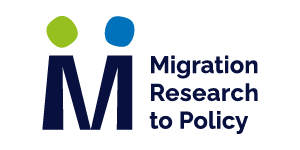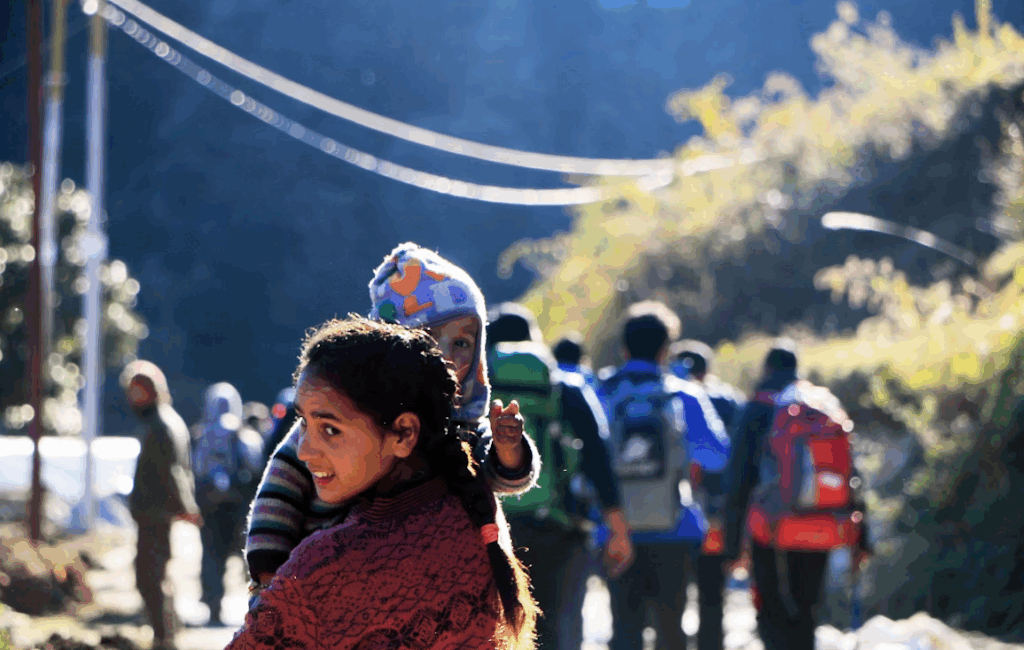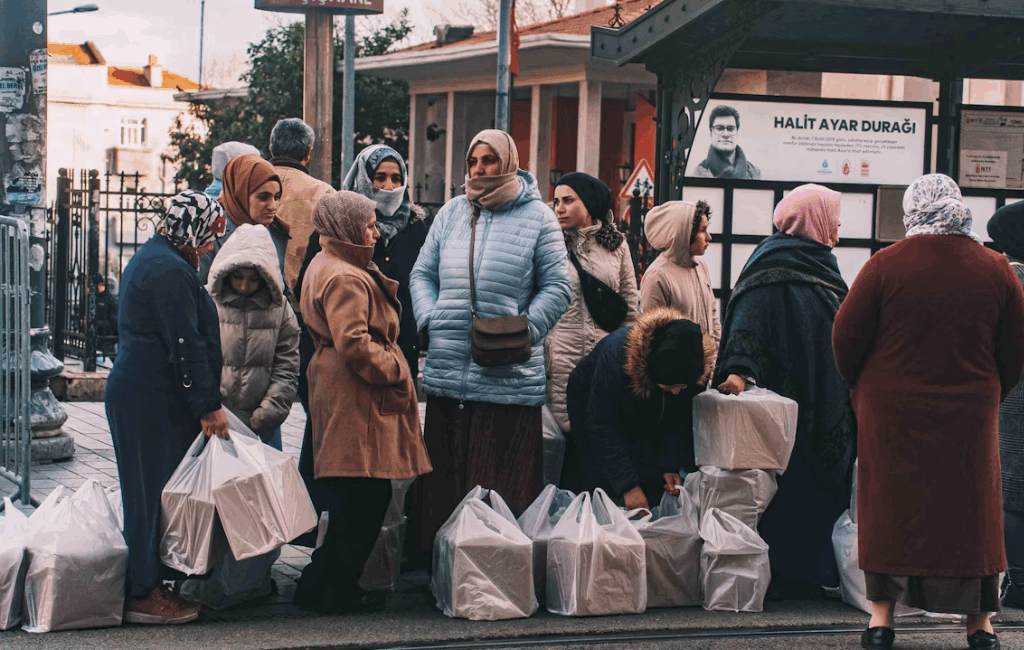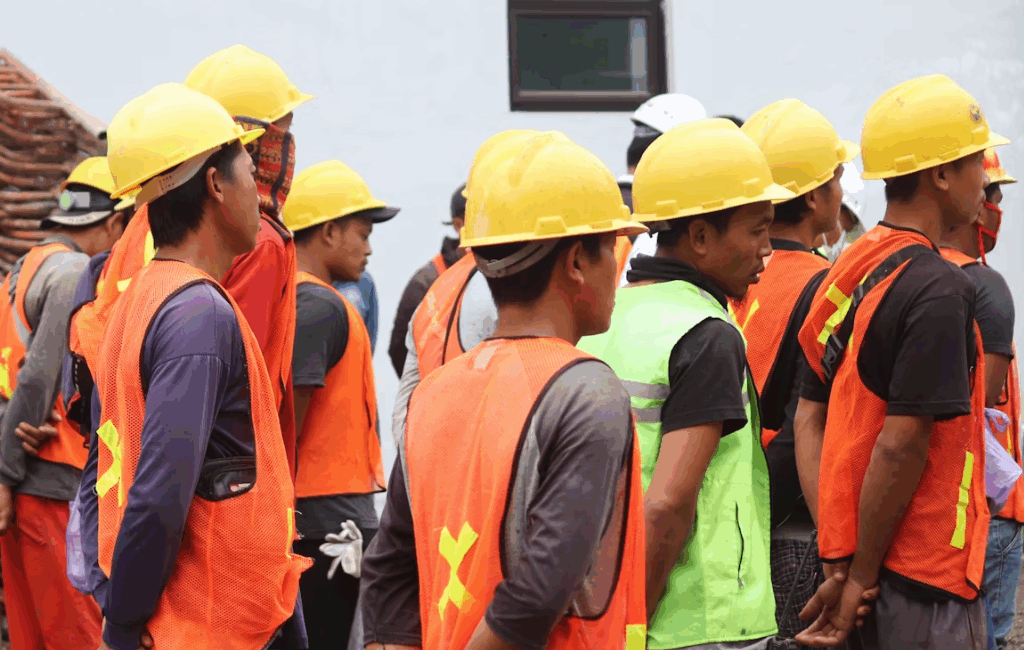
RESEARCH EXCHANGE
Ten lessons from Türkiye’s responses to large-scale displacement
Author
About
Meltem İneli Ciger and Özgenur Yiğit Aksu
research
Türkiye’s response to the Syrian refugee influx offers important lessons learned for managing large-scale displacement. Over the past decade, Türkiye has put in place a range of legal, institutional, and social mechanisms to address the challenges of mass arrivals. This experience reveals both effective practices and key gaps, providing insights for future displacement governance.
To better understand these effective practices and key gaps, we spoke with local authorities, policymakers, researchers and civil society actors to learn how effective governance requires not only strong institutions and funding but also inclusive and participatory approaches that engage refugees, local actors, and civil society.
Yet, In Türkiye and many other countries, cooperation between policymakers and researchers remains limited. Better engagement can support more coherent, informed, and sustainable displacement responses. The following 10 lessons show Türkiye’s Türkiye’s responses to large-scale displacement.
Lesson #1 Registration: do it well, do it fast
Accurate and rapid registration provides protection to those in need, but challenges arose due to high numbers, logistical constraints, and gaps in documentation. As Kader notes, the lack of initial documentation among Syrians led to duplicate registrations, inconsistent data, and inaccuracies in residence and vulnerability assessments. This left many Syrians unregistered as temporary protection beneficiaries, necessitating a costly secondary registration/verification process. Addressing these challenges early on is essential for any country managing large-scale displacement, ensuring that protection mechanisms function effectively from the outset.
Lesson #2 Start with a needs assessment
Needs assessments are essential when designing targeted, data-driven policies and interventions that effectively address the vulnerabilities of displaced populations. In our research we spoke with a coastal municipality in the Aegean called ‘Seferihisar’ that maintained precise data on Syrians under temporary protection in their province and their special needs. This enabled local authorities to efficiently address basic needs and deliver targeted social assistance, ensuring that resources were allocated where they were most needed. A major UN- Solidarity with Asylum Seekers and Immigrants (ASAM) study revealed key barriers, including language difficulties, inadequate housing, limited employment opportunities, and a lack of awareness about available support services.
Lesson #3 Immediate access to essential services
Ensuring prompt access to education and healthcare is essential for the well-being and successful integration of refugees. Türkiye took commendable steps in facilitating access to these services for Syrians under temporary protection, enabling them to enrol in schools and receive healthcare without significant delays. Early access prevents disruptions in education and ensures urgent medical needs are met, reducing long-term vulnerabilities. Immediate
access to essential services not only improves well-being but also fosters social cohesion and self-reliance among displaced populations.
Lesson #4 Refugee camps are not a sustainable solution
Refugee camps are not a viable long-term solution. Türkiye’s experience has demonstrated that large-scale refugee camps do not foster sustainable integration. Precarious living conditions in refugee camps and urban settings can exacerbate vulnerabilities, increasing the risk of social and economic marginalisation. Providing access to stable housing, education, and employment opportunities is crucial to ensure that refugees can contribute meaningfully to their host communities.
Lesson #5 Recognise diplomas and credentials
Ensuring the prompt recognition of diplomas and professional credentials is critical for harnessing the full potential of the refugee talent pool. In Türkiye, protracted procedures for validating the academic and professional qualifications of Syrians have delayed the employment of highly qualified individuals, particularly within academia Accelerating these processes is essential not only to improve labour market integration but also to enrich academic institutions with diverse expertise, ultimately strengthening the nation’s capacity for innovation and development.
Lesson #6 Support local administrations
In Antalya, stakeholders highlighted significant housing shortages as a major challenge during periods of large-scale arrivals compounded by infrastructure inadequacies. There is a critical need for proactive resource allocation and budget enhancement to adequately support local administrations during mass influx situations.
Lesson #7 Mobilise youth, refugees and migrants
Local administrations should actively develop innovative initiatives that include refugees and migrants as active participants rather than passive recipients. Notable examples include service delivery partnerships with local organisations and the establishment of Foreigners Committees, such as Alanya’s pioneering model launched in 2004, which enables structured participation, strengthens dialogue and promotes social cohesion.
Muratpaşa Municipality in Antalya offers another promising model, having established inclusive local councils and neighbourhood forums that bring together Turkish citizens and migrants to discuss shared urban challenges. These participatory spaces have helped identify needs, reduce tensions, and foster joint solutions at the local level. Mobilising youth councils and volunteer networks alongside these mechanisms further amplifies local capacity and reinforces inclusive governance in response to mass migration.
Lesson #8 Decide what comes after temporary protection
Temporary protection should be time-limited. Without a clear duration and exit strategy, protected groups remain in protracted uncertainty, while policymakers face obstacles in designing integration measures, return policies and allocating resources effectively. Ambiguity prolongs vulnerability and impedes strategic planning. A defined framework for the conclusion of temporary protection enables timely coordination, early implementation of
integration policies, and the development of sustainable solutions. Predictability in both scope and duration fosters policy coherence supports social cohesion and balances short-term needs with long-term resilience.
Lesson #9 Plan integration and assisted voluntary returns well in advance
Effective governance of mass influx requires proactive planning for integration policies as well as assisted voluntary return programmes (Arıner 2023). Clearly defined integration strategies should be established early, outlining educational, employment, and social support mechanisms to foster refugees’ self-reliance and sustainable integration. Concurrently, assisted voluntary return initiatives must be designed with clear guidelines, ensuring voluntary, dignified, and safe repatriation options.
Lesson #10 Strengthen coordination
Robust coordination and solidarity among key stakeholders are vital for effective responses to mass influx situations. Our focus groups identified the EU Facility for Refugees in Turkey (FRiT) as a particularly successful example of structured and well-managed coordination. They noted the importance of close collaboration between government institutions, local administrations, international organisations, and NGOs to ensure coherent and timely interventions in large influx situations. Participants also stressed that coordination mechanisms should also include refugees and migrants in decision-making processes. Ensuring that their voices are heard and their concerns addressed meaningfully enhances the relevance, fairness, and effectiveness of mass influx governance.
Meltem İneli Ciger is an Associate Professor, at Suleyman Demirel University.
Özgenur Yiğit Aksu is a Research Assistant, at Suleyman Demirel University.
Submit your idea for a ‘short’ to be featured on the Co-Lab.












